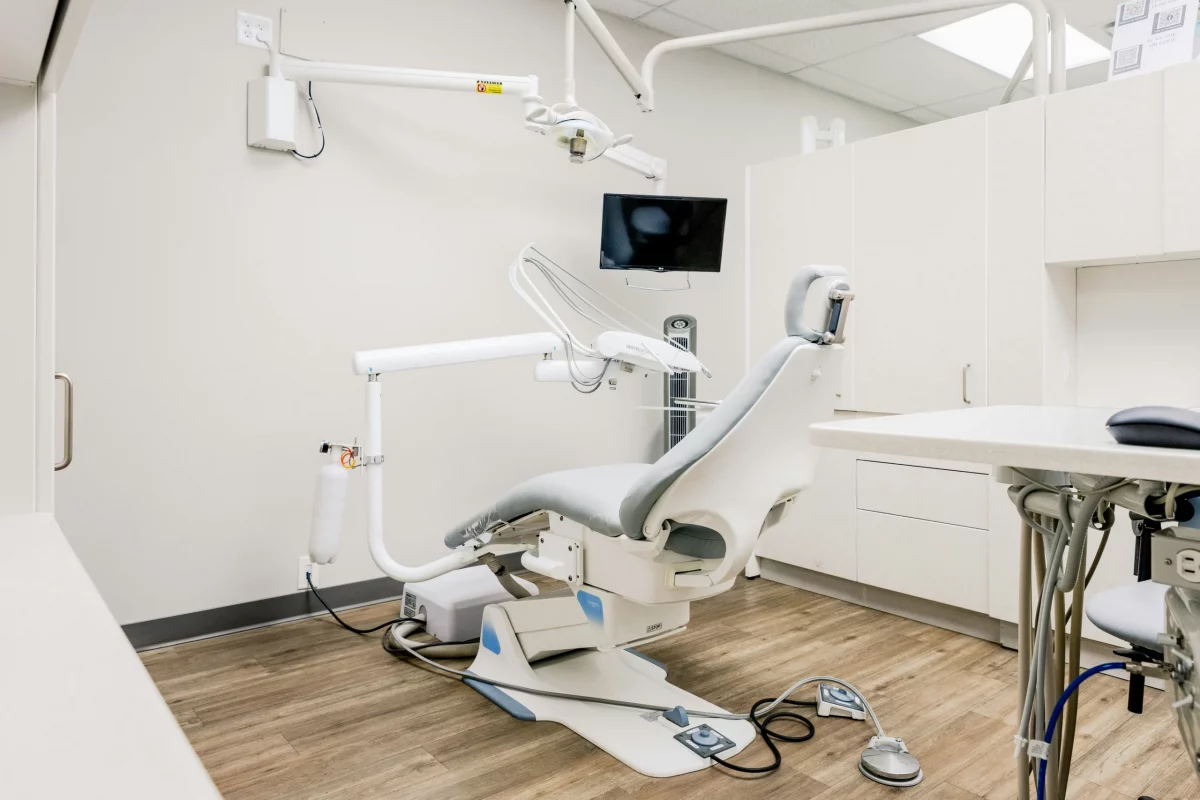France’s High Authority for Health, the Haute Autorité de Santé (HAS), has ruled in favour of reimbursing dental implants, a move that could help many people who struggle to pay for costly dental work. Currently, only dentures, bridges and crowns are covered by public health insurance.
In a promising step forward for modern dental care, France’s High Authority for Health ruled on 6th November that dental implants should be reimbursed under the nation’s social security system.
In a press statement, HAS affirmed that it “is now in favour of reimbursing these procedures for the general population,” having completed a thorough assessment of “implant-prosthetic coverage” in cases of missing teeth.
This move will be welcome news to many; HAS estimates that nearly a million implant procedures, currently paid for by patients, were carried out in 2023.
Dental implants are a type of prosthetic treatment used to replace missing teeth by surgically placing them into the jawbone, penetrating the gum line. They are popular among both dentists and patients alike due to the benefits of the procedure. Implants have a high 97% success rate and typically last more than a decade. Additionally, they maintain bone in the jaw and don’t decay like natural teeth.
France’s social security system has traditionally only reimbursed other prostheses, such as dentures, where all teeth must be removed, or bridges and crowns, which replace or cover damaged individual teeth by resting on the surrounding teeth. It does not currently cover implants in any form.
In the statement released earlier this month, HAS authorities said they were motivated to expand coverage to improve the nation’s overall dental care, as “the number of people affected by the loss of one or even all of their teeth is set to increase.” The health authority added that many will be unable to pay for the work.
The expense of dental implants has led individuals in need of treatment to frequent low-cost dental centres, several of which have been closed in recent years due to questionable medical practices, poor-quality work and misdiagnoses that have led to ongoing dental problems, costing patients thousands of euros to fix.
The government is not obliged to follow HAS’s recommendation, but it often does. It will now be up to government officials to decide the exact extent of care coverage, as well as the amount to be reimbursed.
Monaco Life is produced by real multi-media journalists writing original content. See more in our free newsletter, follow our Podcasts on Spotify, and check us out on Threads, Facebook, Instagram, LinkedIn and Tik Tok.
Photo credit: Kari Bjorn, Unsplash
